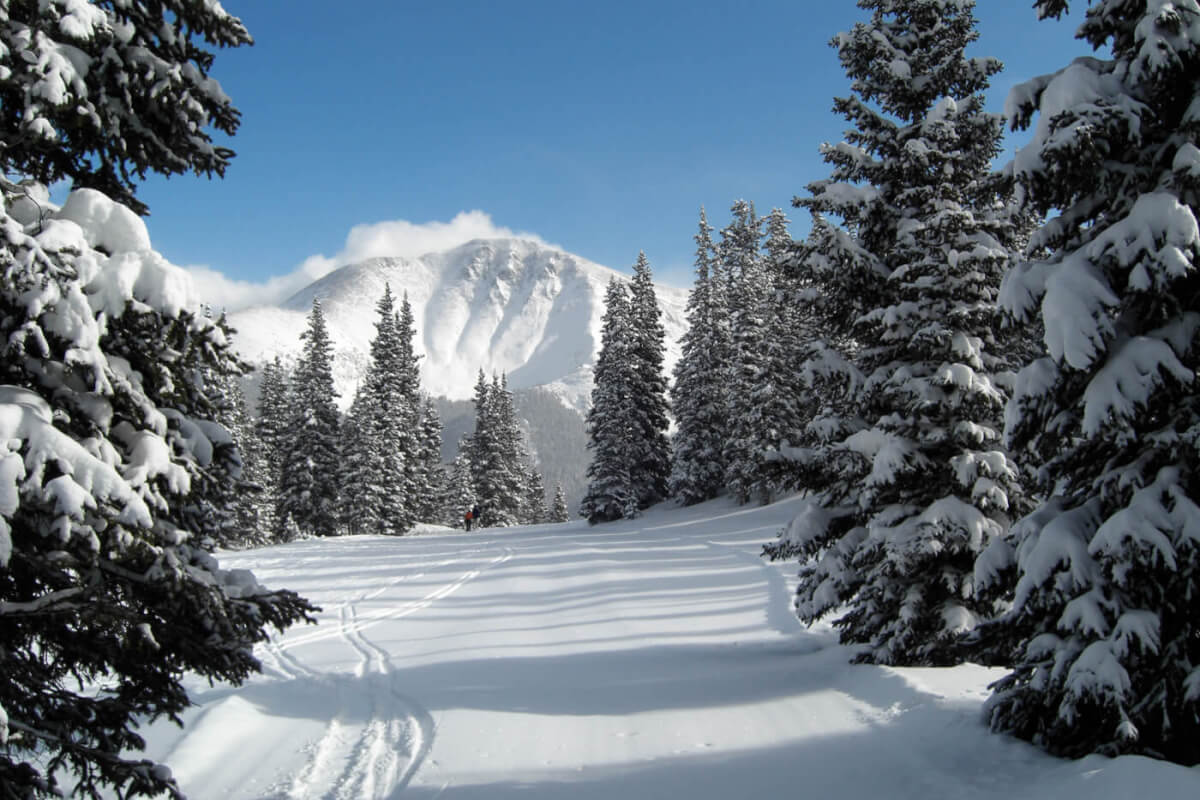As we have seen the last couple of months throughout the country, cold season has a way of sneaking up on people. The worst thing you could do is not be prepared.
Why Prepare
During the cold season, many regions across our nation experience disastrous weather. From violent snow storms to below freezing temps, it can get quite brutal outside – and sometimes even deadly.
Common after effects of a winter storm are dangerous road conditions, power outages, and harmful debris. All of these can be extremely devastating for those who have not taken precautions and prepared alternative resources.
In order to ensure that your family stays safe, it is important that you are proactive. Use these tips to guide you through home and vehicle preparedness. By doing so, you will be able to survive all that winter throws at you.
Prepare Your Home
Make mandatory home repairs. It’s time to give your home a little TLC. With the harsh elements that accompany winter, your structure needs to be capable of holding up to them. Make all necessary improvements to your roof, windows, and insulation so that your home runs efficiently.
Cut back dangerous trees. Many of these storms can bring excessive wind and snowfall that can cause the downfall of tree branches, or even the entire tree. Assess your property for these hazards. Remove any limbs that may damage your vehicle or home.
Purchase the right tools. Make sure you have items on hand such as a good snow shovel, ice scraper, and kitty litter for de-icing.
Practice safety first. During a time of year where you will be using fireplaces, spaces heaters, and candles, be sure to take safety precautions. Have your fireplace cleaned, keep fire extinguishers on hand, and never leave open flames unattended. In addition, it is crucial that you always check that there is proper ventilation before using some of these items.
Gather Supplies
- Alternative Energy Sources – candles, flashlights and batteries, solar lantern
- Alternative Heating Sources – kerosene space heater, portable propane heater, blankets, wood
- Food Supplies – Prepare at least a one-week supply of non-perishable foods that do not require heating.
- Water Storage- Store at least a one-week supply of water (one gallon per day per person).
- Communication – Cellphone, solar charger, windup crank radio
- First Aid Kit
- Extra Medications – Request an extra one-week supply to keep for emergencies.
- Personal Hygiene Products – Stock up on toiletries and baby supplies.
Practice Car Preparedness
Every year there are countless stories of motorists being stranded in their vehicles. The most important way to avoid this is to stay informed about road and weather conditions. DO NOT drive if there are warnings regarding dangerous weather! Not only can it lead to fatal accidents, but being stuck out in freezing temperatures can be life-threatening as well.
If perchance you are forced to survive in your car, be sure to have these essential provisions.
- high-calorie protein bars
- water/ juice boxes
- blankets
- cell phone with a lighter adapter
- warm hat, mittens, and scarf (wool)
- flashlight and batteries
- multi-tool
- first-aid kit
- medications/baby supplies
- children’s comfort toys/entertainment
- Car Supplies – jumper cables, spare tire, ice scraper, shovel, sand or kitty litter for traction, writing material
Before the winter begins, check that your vehicle is in titip-tophape. The last thing you would want is to experience car troubles during the season of frigid temps. Bring it in to have a check-up, and make any needed repairs. Request routine maintenance to be done such as having your oil changed, windshield wipers replaced, your fluids topped off, your tires rotated, etc…
Editor’s Note: A version of this article first appeared in the February 2015 print issue of American Survival Guide Magazine.


